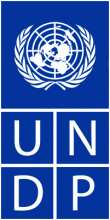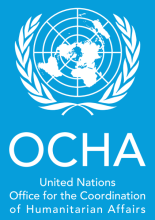Resource information
The humanitarian crisis in the Lake Chad Basin (LCB) is among the most severe in the world, with more than 10 million people in urgent need of life-saving assistance and protection. As the crisis enters its ninth year, attacks by non-state armed groups remain frequent, and the violent conflict continues to fuel large-scale human suffering, including massive violations of human rights, especially for women and girls, who are often victims of abuse and sexual violence. Communities and individuals in the LCB, especially women, are accustomed to shocks and
have withstood numerous crises in the past decades. Life-saving humanitarian assistance has been critical in helping them absorb the impact of these shocks and continues to be needed considering the severity of the situation.
The underlying causes of the LCB crisis include high inequality, perceived social injustice, a lack of social service provision, historic marginalization, inadequate economic opportunities, high levels of poverty, rapid demographic growth and the impacts of climate change and land degradation.



